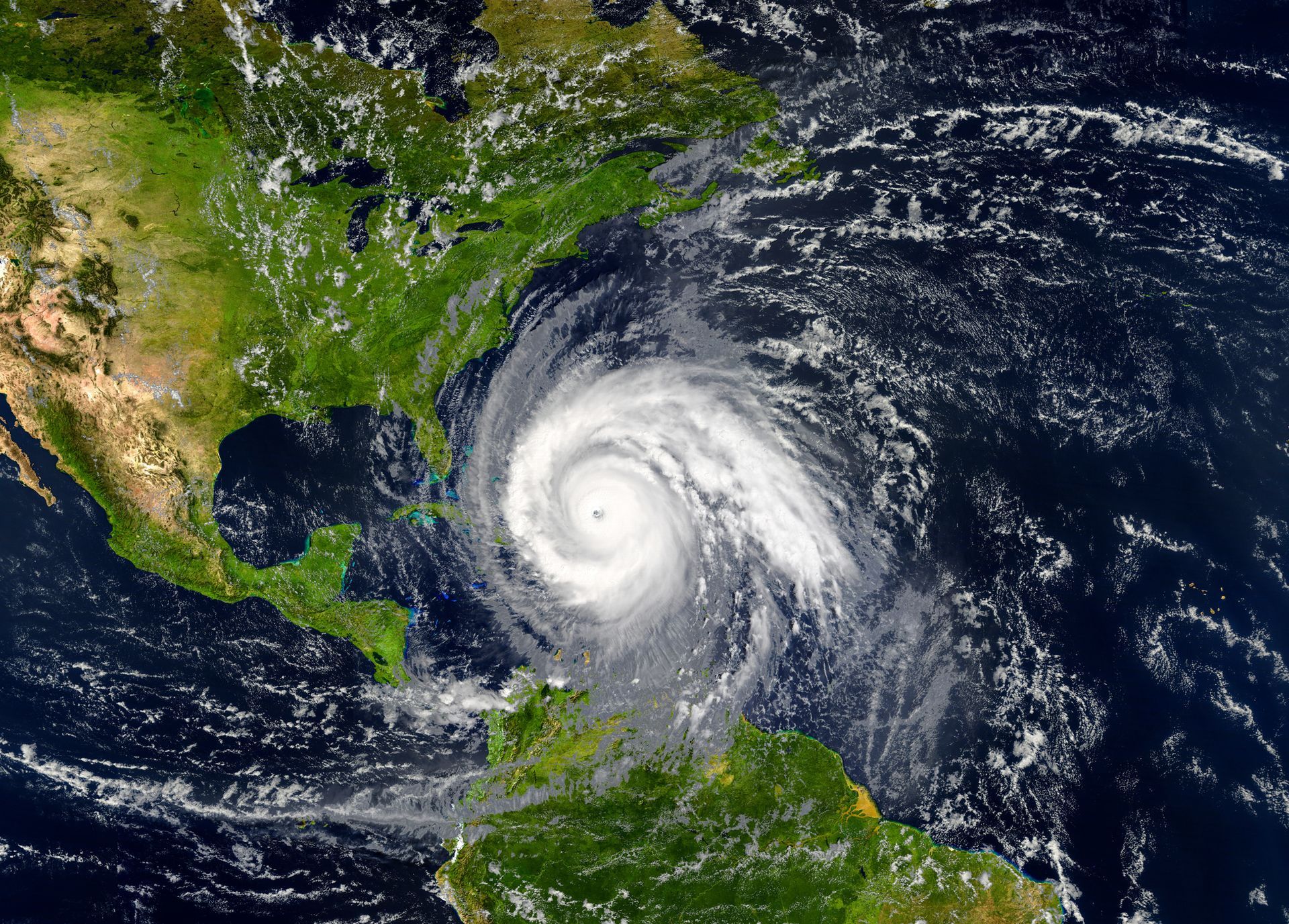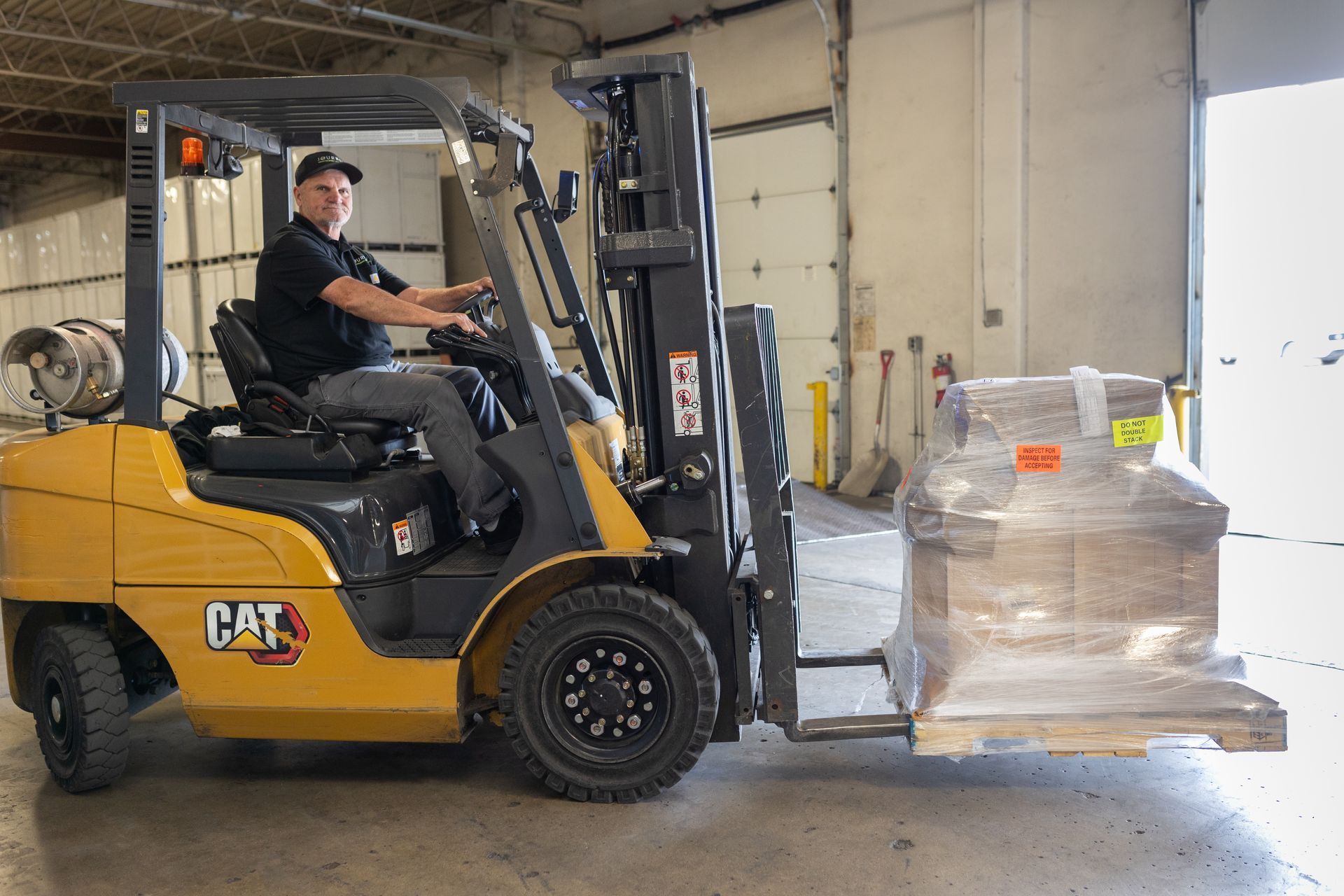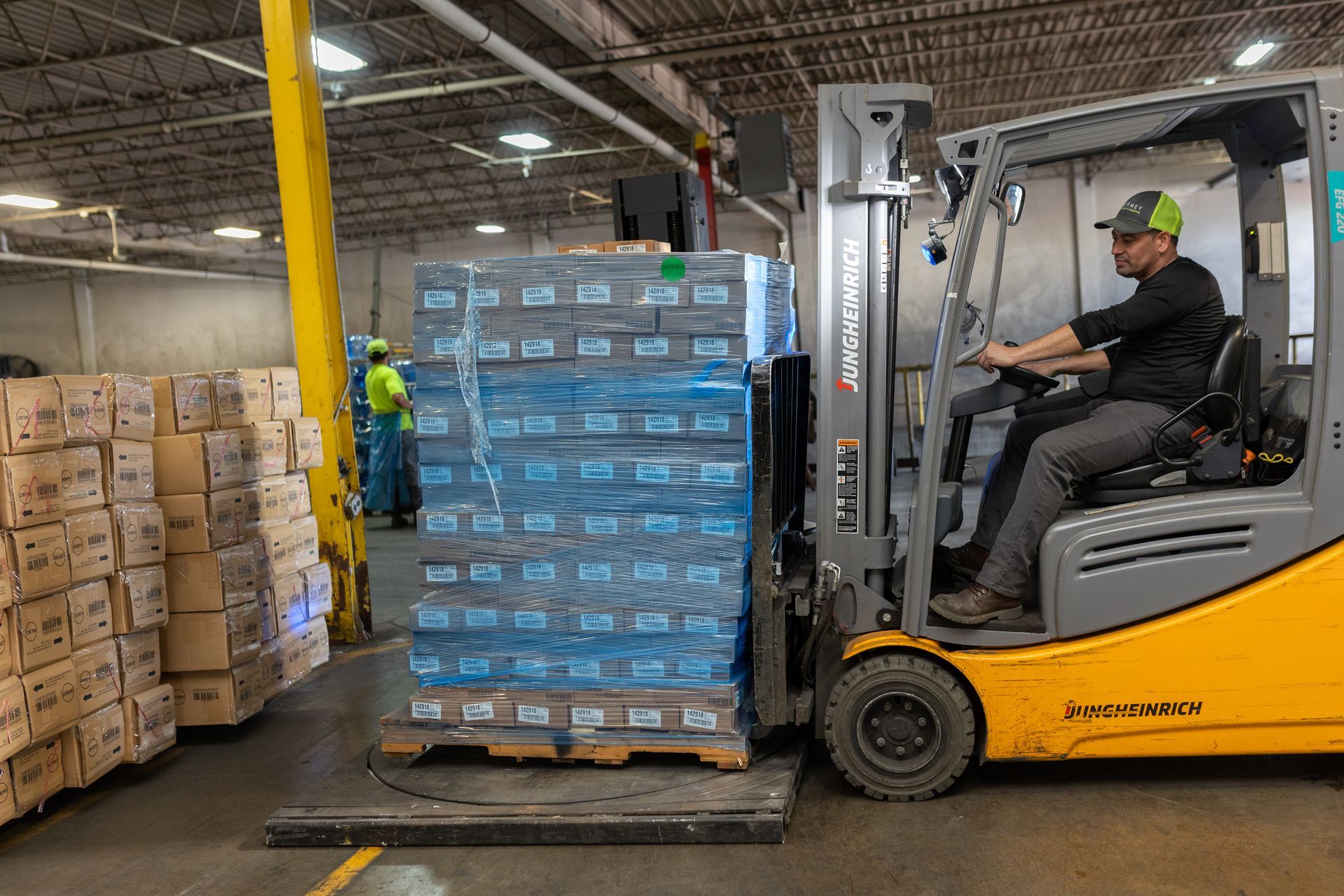Current Available Square Footage: 25,000 square feet of 140,000 square feet available
Hurricane Preparedness: Safeguarding Your Supply Chain

Natural disasters like hurricanes and flooding can wreak havoc on supply chains, causing significant disruptions and financial losses for businesses. Preparing your supply chain for such events is crucial to protect your shipments and inventory, ensuring continuity even in adverse weather conditions. Here are some essential tips to help you safeguard your supply chain against hurricanes and flooding, with insights from Journey Warehousing.
1. Assess Vulnerability
Understanding your supply chain's vulnerabilities is the first step in preparing for hurricanes and flooding. Identify critical components of your supply chain, including suppliers, transportation routes, and storage facilities, that are located in high-risk areas. Conduct risk assessments to determine the potential impact of weather-related disruptions on your operations.
2. Develop a Comprehensive Emergency Plan
Having a robust emergency plan in place is vital. Your plan should include procedures for communication, inventory management, and alternative supply routes. Assign roles and responsibilities to your team members, ensuring everyone knows their duties in the event of a disaster. Regularly update and practice your emergency plan to ensure its effectiveness.
3. Strengthen Supplier Relationships
Maintaining strong relationships with your suppliers is crucial during a crisis. Communicate with them about their emergency preparedness plans and discuss contingency measures. Establishing alternative suppliers and diversifying your supplier base can also reduce the risk of disruptions.
4. Optimize Inventory Management
Effective inventory management can minimize losses during a hurricane or flood. Consider increasing safety stock levels for critical items and storing them in multiple locations to reduce the risk of complete loss. Implement advanced inventory tracking systems to monitor stock levels and respond quickly to any disruptions.
5. Secure Transportation and Logistics
Transportation routes are often the most vulnerable aspect of a supply chain during a hurricane. Work with your logistics providers to identify alternative routes and transportation modes. Ensure that your transportation partners have their own emergency plans and can provide timely updates on the status of your shipments.
6. Invest in Insurance
Insurance is a crucial component of risk management. Review your insurance policies to ensure they cover weather-related damages and disruptions. Consider purchasing additional coverage for your shipments and inventory, especially if they are stored or transported through high-risk areas.
7. Utilize Technology and Data
Leverage technology to enhance your supply chain's resilience. Advanced weather forecasting tools can provide early warnings of potential hurricanes and flooding, allowing you to take proactive measures. Implementing real-time tracking systems for shipments and inventory can help you respond quickly to any disruptions.
8. Enhance Warehouse Preparedness
Your warehouses and storage facilities should be equipped to withstand hurricanes and flooding. Invest in structural reinforcements, flood barriers, and drainage systems to protect your inventory. Ensure that your warehouses have backup power supplies and emergency equipment on hand.
At Journey Warehousing, we offer state-of-the-art warehousing solutions designed to withstand adverse weather conditions. Our facilities are equipped with advanced protective measures to ensure the safety of your inventory during hurricanes and floods.
9. Communicate with Stakeholders
Transparent and timely communication with stakeholders is essential during a crisis. Keep your customers, suppliers, and employees informed about the status of your operations and any potential delays. Establish a communication plan that includes multiple channels to reach all relevant parties.
10. Review and Improve
After a hurricane or flood, conduct a thorough review of your supply chain's performance. Identify any weaknesses in your emergency plan and make necessary improvements. Continuous evaluation and refinement of your preparedness strategies will enhance your resilience to future weather-related disruptions.
By implementing these tips and leveraging the expertise of Journey Warehousing, you can better prepare your supply chain for hurricanes and flooding, minimizing disruptions and protecting your bottom line. Remember, proactive planning and collaboration with your partners are key to ensuring your business can weather any storm.
For more information on how Journey Warehousing can support your supply chain needs, contact us today. Our team of experts is ready to help you develop a customized strategy to safeguard your shipments and inventory from weather-related disruptions.
 Rating
Rating
LEARN MORE
SERVICES
All Rights Reserved | Journey Warehouse | Powered By Flypaper | Privacy Policy












